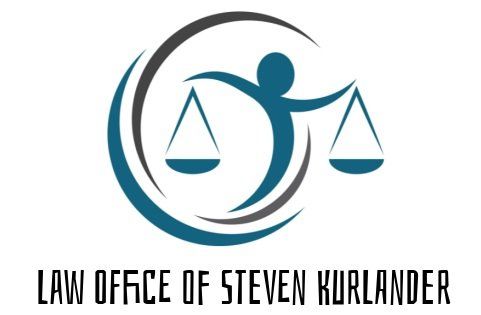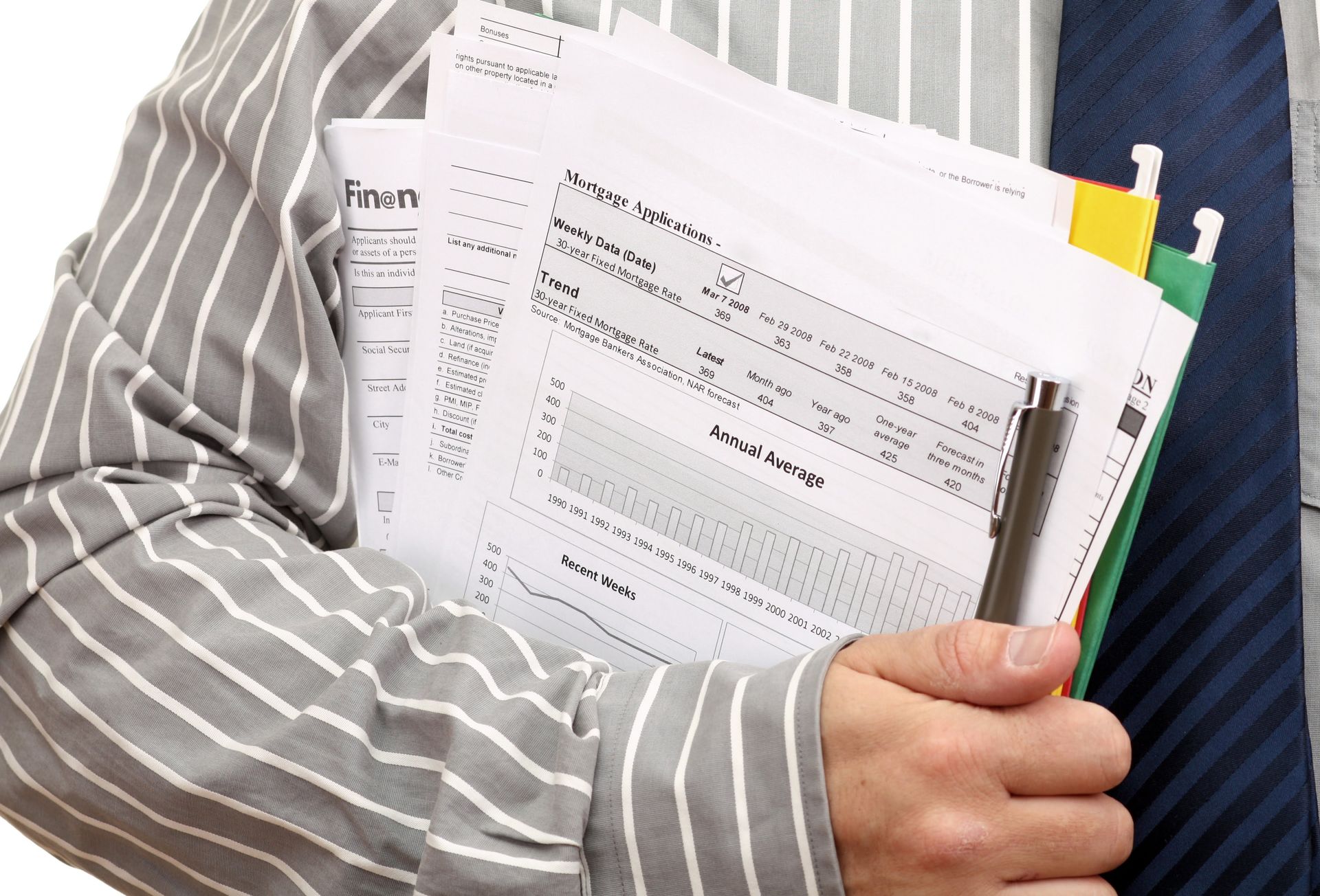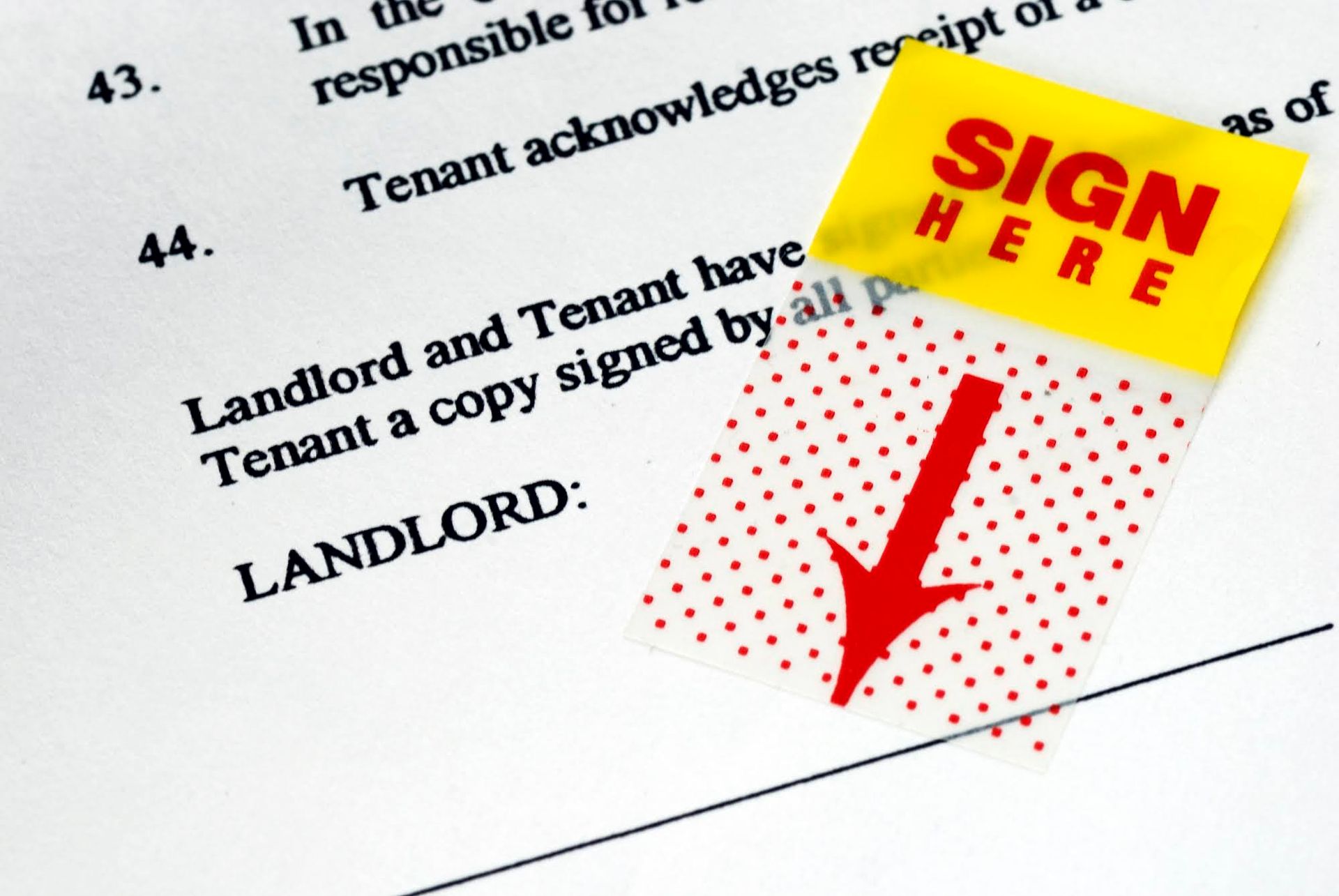What To Do When You Discover Your New Home Has A Squatter In It

Buying a new home is an exciting experience, from exploring different neighborhoods to deciding on your dream home. But what do you do if you discover that your new home has an uninvited guest, a squatter? A squatter is someone who resides in a property without the permission of the owner or the legal right to do so.
In this article, we will discuss what you can do legally if you discover your new home has a squatter in it, the benefits of hiring a real estate lawyer, and whether you can back out of a home purchase if the presence of a squatter was not disclosed at the time of the sale.
What Can You Legally do if You Discover a Squatter in Your New Home?
If you discover a squatter in your new home, your first step should be to contact a real estate lawyer. Many states have unique laws regarding squatters, and a lawyer can best advise you on how to proceed. Generally, a homeowner has the right to remove a squatter from their property if they act within the boundaries prescribed by law. However, a squatter may be able to claim the property if they have been there for an extended period of time, which varies depending on the state.
The Benefits of Hiring a Real Estate Lawyer
A real estate lawyer can navigate the complicated legal process and advise you on appropriate actions to take to remove the squatter legally. Moreover, a real estate lawyer can help with eviction proceedings and other legal processes that may arise, ensuring that the matter is resolved as quickly and efficiently as possible. Patience and legal diligence is key, as it may take several months to formally remove a squatter from your home.
Can You Back Out of a Home Purchase if There was no Disclosure About the Squatter's Presence?
If a squatter resides in a home, it is unlikely that the seller would disclose this information. However, generally, a homeowner should disclose any known issues with the property, including the presence of a squatter. If the seller failed to disclose the squatter's presence, the buyer may have the right to back out of the home purchase. In some cases, the buyer may also be entitled to damages, such as lost rental income or expenses associated with moving.
How to Prevent a Squatter From Moving Into Your New Home
Ensure that your home is secure with secure doors and windows and a robust alarm system. Change the locks as soon as you have the keys to your new property. You can also install cameras around the property to monitor any suspicious activity. Furthermore, it's vital to stay vigilant about any potential signs of a squatter, such as unoccupied mailboxes, broken windows or doors, or overgrown lawns. In addition, it's always good to perform routine property inspections, especially if you will be away from the house for an extended period.
What Are Your Obligations as a Homeowner if You Want to Rent Out Your Property?
It's crucial to have a written lease agreement with your tenant that can be enforced if any issues arise. Additionally, it's recommended to maintain a healthy relationship with your tenant to avoid any potential conflicts that could lead to squatting issues. Finally, performing regular inspections and making sure the property is maintained also reduces the likelihood of squatters.
Buying a new home is an exciting event in one's life, but discovering a squatter can put a damper on things. If you find yourself in this situation, it's essential to contact a real estate lawyer to ensure that you navigate the legal proceedings and resolve the matter as quickly as possible.
Furthermore, taking preventive measures and staying vigilant about any suspicious activity around your property can reduce the likelihood of a squatter problem in the first place. Buying a home is a significant investment, and the Law Office of Steven Kurlander can help you if you have a squatter in the home you've recently purchased.










